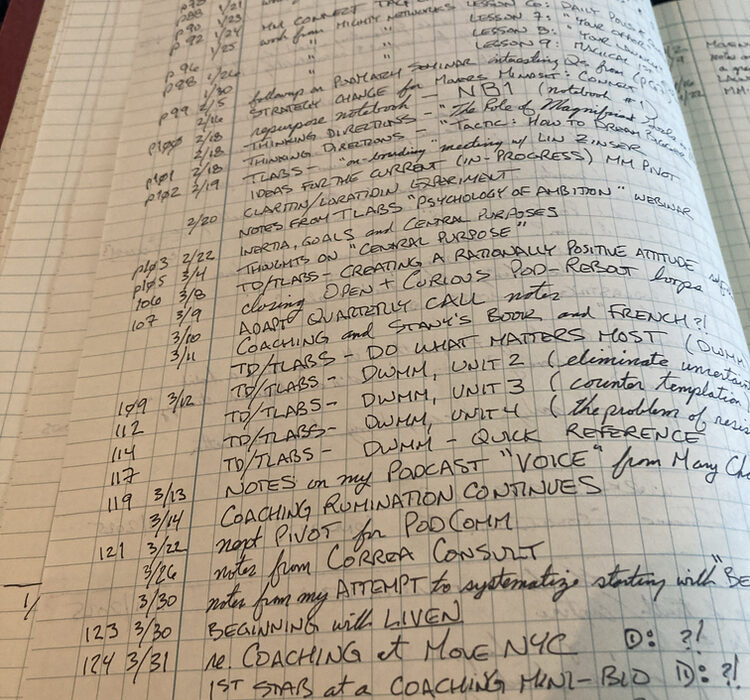On Castbox.fm — Blake Evitt | The Parkour Community within the Larger Urban Fabric
How can Parkour communities foster diversity and inclusivity while balancing the growth of gym-based models and maintaining engagement with broader urban and local spaces?
Inclusivity in Parkour is not just ethical but also essential for long-term business growth.
Building a strong and diverse community is not something that is against your business interests. […] A lot of the models are based on a gym only model, which means that we are kind of vastly under serving and ignoring and kind of walling ourselves off from large swaths of the population.
~ Blake Evitt (4:44)
The conversation focuses on the intersection between Parkour as a growing industry and its role in fostering diverse and inclusive communities. One recurring theme is the tension between the rise of gym-based Parkour models and the need to engage with broader urban environments to ensure accessibility. Gym-centric models risk excluding those who cannot afford memberships or lack access to gym facilities. Outdoor training and public space utilization are emphasized as strategies to broaden participation and maintain Parkour’s original roots.
Another topic highlights the role of community leaders in shaping public perception of Parkour. Positive engagement with local governments, schools, and community centers can open doors to wider recognition and acceptance. Initiatives such as after-school programs and collaboration with recreation departments are presented as effective ways to expand outreach. The importance of coaching standards, insurance, and building relationships with diverse groups is also underlined as key to sustainable growth.
Takeaways
Building diverse communities — Inclusion and diversity benefit both the Parkour community and business interests.
Gym-only models — Limiting Parkour to gyms excludes large segments of the population and reduces growth potential.
Public space use — Training outdoors fosters visibility, normalizes Parkour, and improves public perception.
Community engagement — Partnerships with schools, recreation departments, and community centers expand reach and deepen community ties.
Coaching and standards — Developing coaching skills and engaging with certifications enhances professionalism and safety.
Insurance barriers — Finding insurance for outdoor training remains a challenge but is critical for growth beyond gym walls.
Urban integration — Viewing Parkour as part of the urban fabric encourages outreach in varied settings beyond major cities.
Long-term perception — Positive public behavior directly influences Parkour’s reputation and future opportunities.
Resources
Parkour Generations — Organization involved in Parkour coaching, events, and leadership.
Art of Retreat — The leadership and education retreat for the Parkour community.
(Written with help from Chat-GPT.)
ɕ
